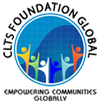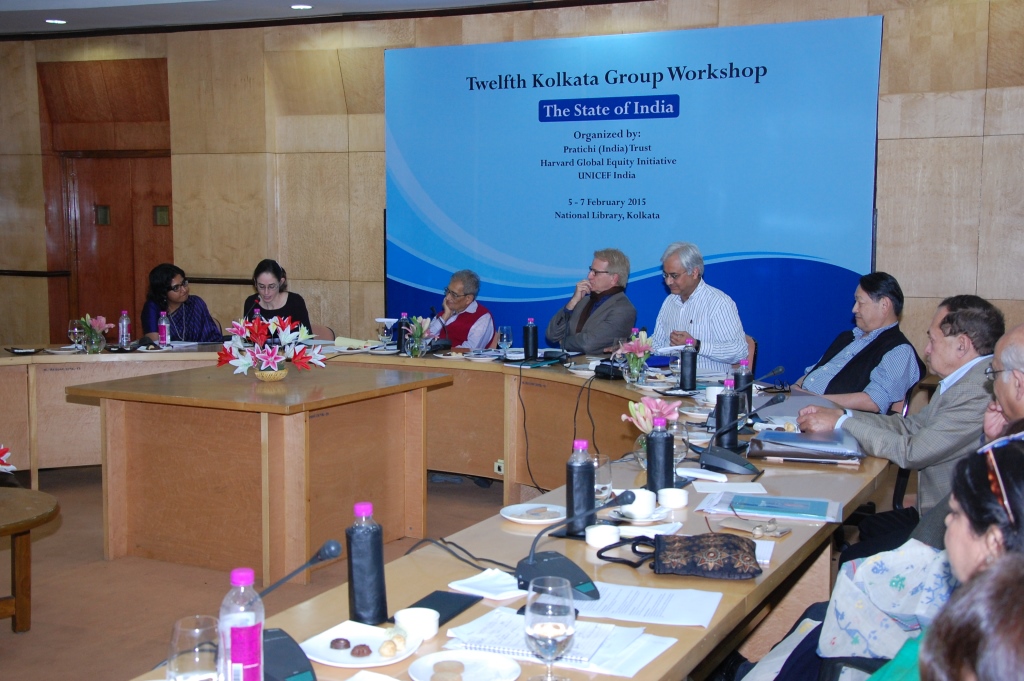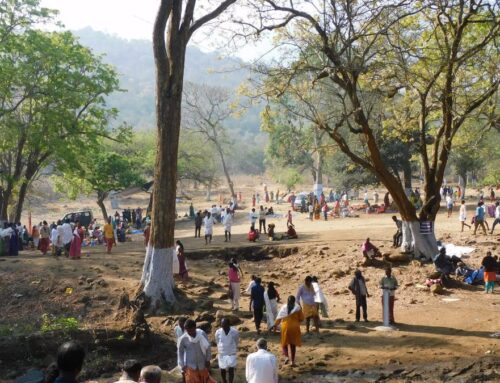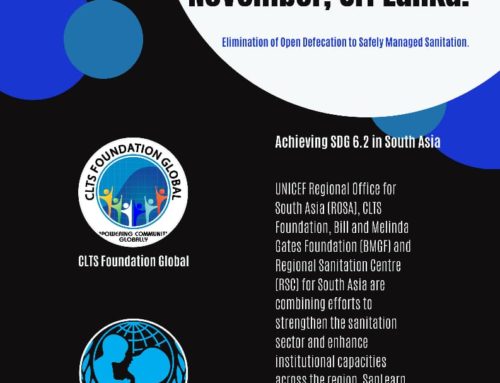
CLTS Foundation Global was invited to participate in the annually held prestigious Kolkata Group Workshop organised by Pratichi (India) Trust, Harvard Global Equity Initiative and UNICEF India from February 5-7, 2015 at the National Library. This year’s workshop was chaired by Nobel Laureate Dr Amartya Sen.
Over the three days of the workshops pertinent issues, such as education, inequality, poverty, secularism, health, and sanitation were discussed. The session on the state of sanitation was chaired by Louis- Georges Arsenault of UNICEF. There were two speakers in the session – Preetha Prabhakaran of CLTS Foundation Global and Diane L. Coffey of r.i.c.e –research institute for compassionate economics.
Diane Coffey, Executive Director at r.i.c.e. spoke about the SQUAT survey conducted by r.i.c.e. in rural India (Haryana, Uttar Pradesh, Bihar, Madhya Pradesh, and Rajasthan) which threw light on individual open defecation behaviour. She highlighted the issue of purity and pollution as being pertinent to sustaining open defecation behaviours in many states in India. She also questioned the present hardware and subsidies approach of the Indian government to reduce open defecation as it was clear that toilet construction as a solution to India’s sanitation crisis was not yielding the desired results.
Preetha Prabhakaran, Knowledge Manager of CLTS Foundation Global spoke about the Community-Led Total Sanitation approach, which has been implemented in 60+ countriesin Asia, Africa and Latin America and adopted as the national policy strategy in at least25 of these countries. She illustrated how the CLTS methodology which is based on a no-subsidy policy and rooted in a model of community empowerment and mobilisation, has radically transformed global sanitation policy focus from toilet construction to the processof collective behaviour change, motivating more than 30 million people to spontaneously stop open defecation. She cited examples from CLTS experiences in Mali, Madagascar,Kenya and Bangladesh, which have achieved significant success in reducing the rates of open defecation. The achievement of open defecation free environments in these countries have had incremental impacts on child and maternal health issues and led to significant livelihoods improvement among these populations.
Her presentation was followed by a lively discussion session where many participants shared their views on the sanitation success story of Bangladesh, which has been the pioneer in adopting and institutionalising CLTS in its sanitation programmes. This is where Dr Kamal Kar, the Chairman of CLTS Foundation Global, first developed the approach in the early 2000s. Bangladesh which is home to a rich tradition of social mobilization processes has managed to dramatically reduce its open defecation rates from 67% in 2003 to just 3% in 2014. Dr. Shanta Sinha, Former Chairperson of National Commission for Protection of Child Rights, said that CLTS is a great approach because of the focus that it puts on the community. Other participants namely Ms Yamini Aiyar, Director of Accountability Initiative, Centre for Policy Research and Dr Rounaq Jahan, Distinguished Fellow, Centre for Policy Dialogue, pointed out that it was important for India to learn from successful CLTS interventions that have emerged in states such as Himachal Pradesh, Haryana, Maharashtra, etc, and to work from the vantage point that appreciates the institutional and social factors that have led to these successes. One of the participants expressed her fear that India might soon become a graveyard to a large number of unused toilets with the new government’s focus on accelerating toilet construction in the country.
Some of distinguished participants of the workshop were: Jean Dreze, Sharmila Tagore, Nandita Das, Sugata Bose, Abhijit Sen, Sitaram Yechury, N Ram, Nandana Sen, A.K.Shiv Kumar, Jaco Cilliers, Antara Dev Sen, Pratik Kanjilal, Manabi Mazumdar, Surjya Kanta Mishra, Poonam Muttreja, Asadur Rahman, Mariam Ram, Kumar Rana, Tejinder Singh Sandhu, K. Srinath Reddy, Shantha Sinha, Sabina Alkire, Sudhir Anand, Lincoln Chen, Seema Chishti, Shaibal Gupta, RKP Shankardass, Misaki Akasaka Ueda, Anirban Chattopadhyay, Syeda Hameed and R. Govinda.





Leave A Comment